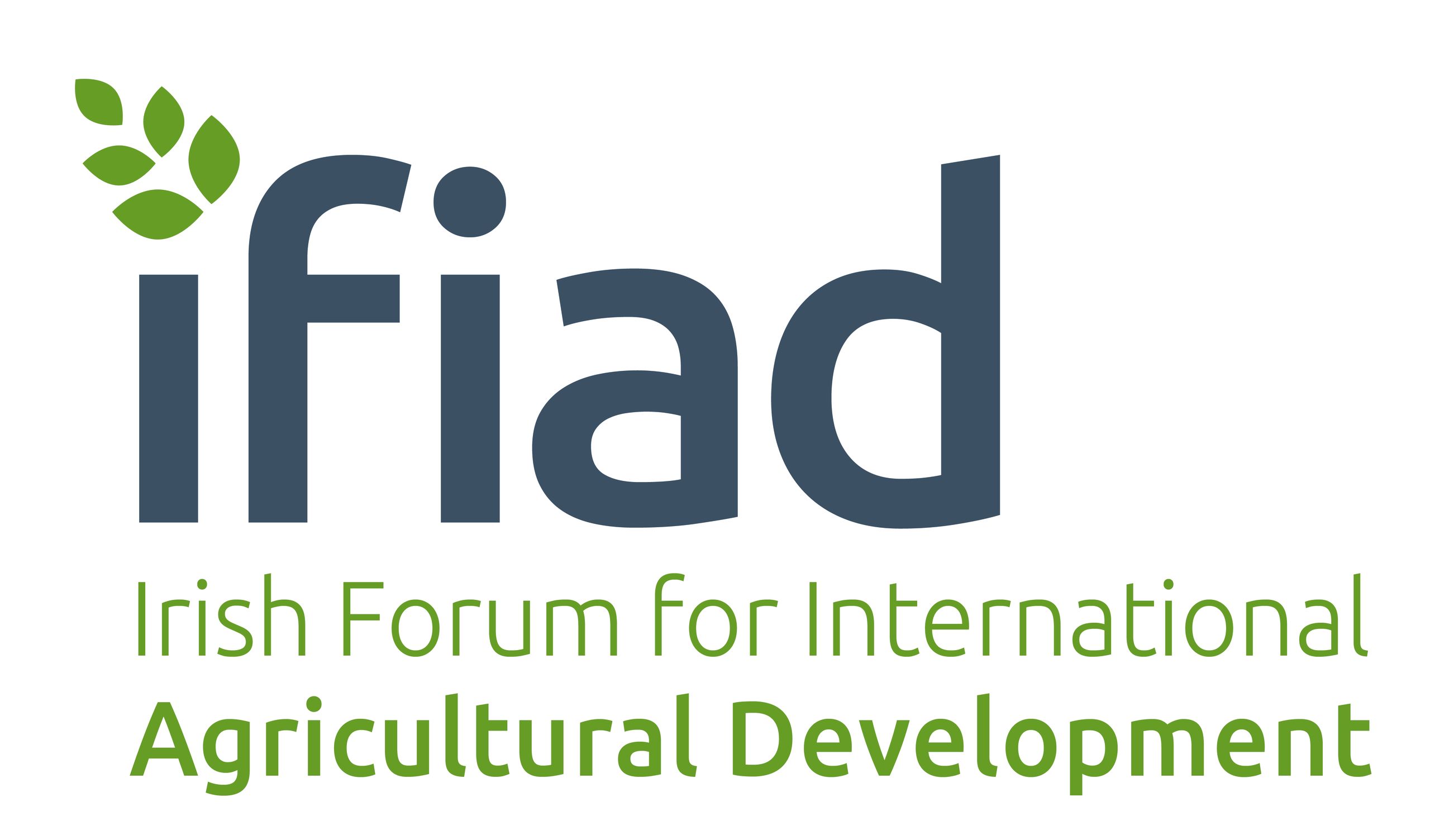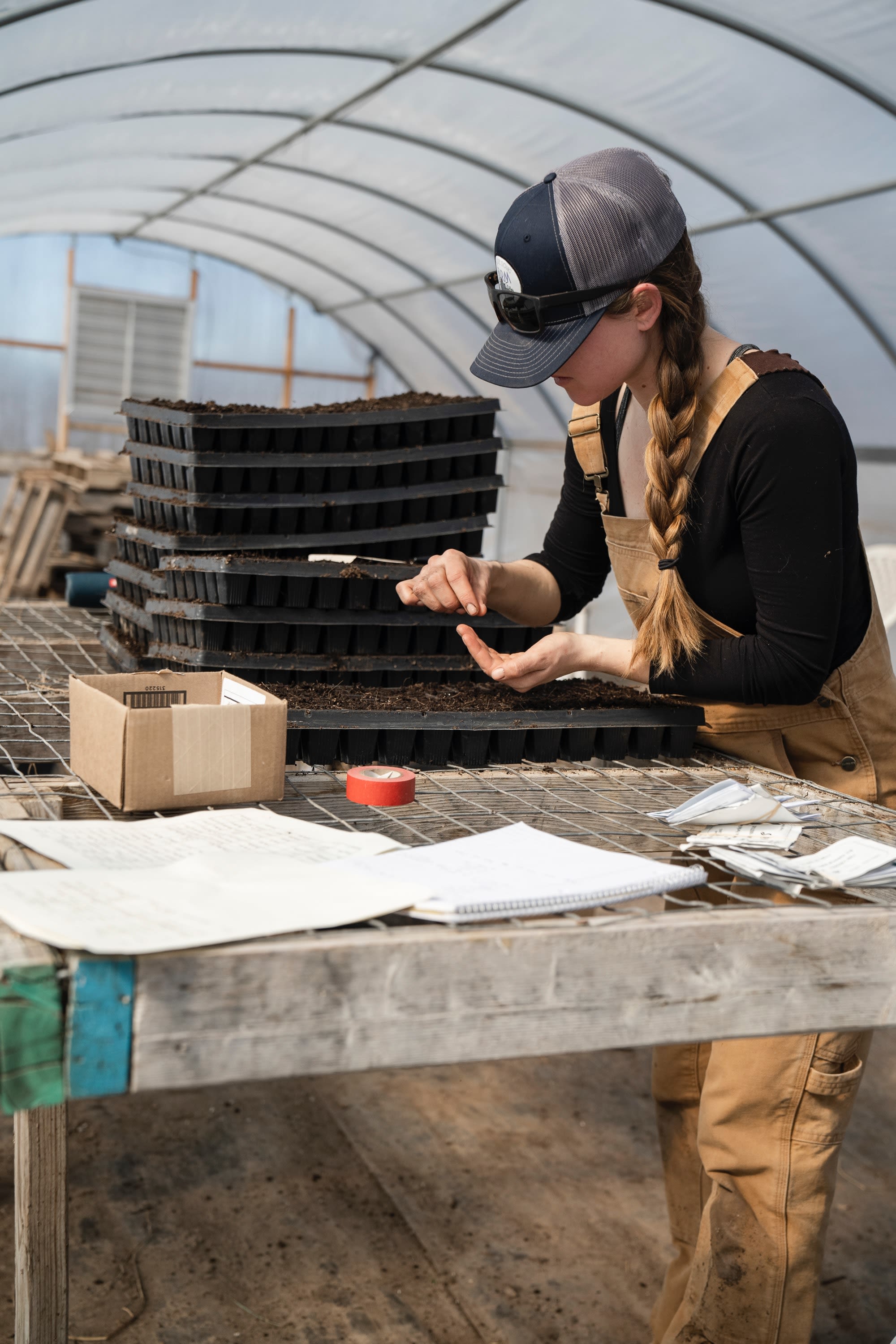From sack farming to blockchain:
Young scientists highlight game-changing food systems solutions
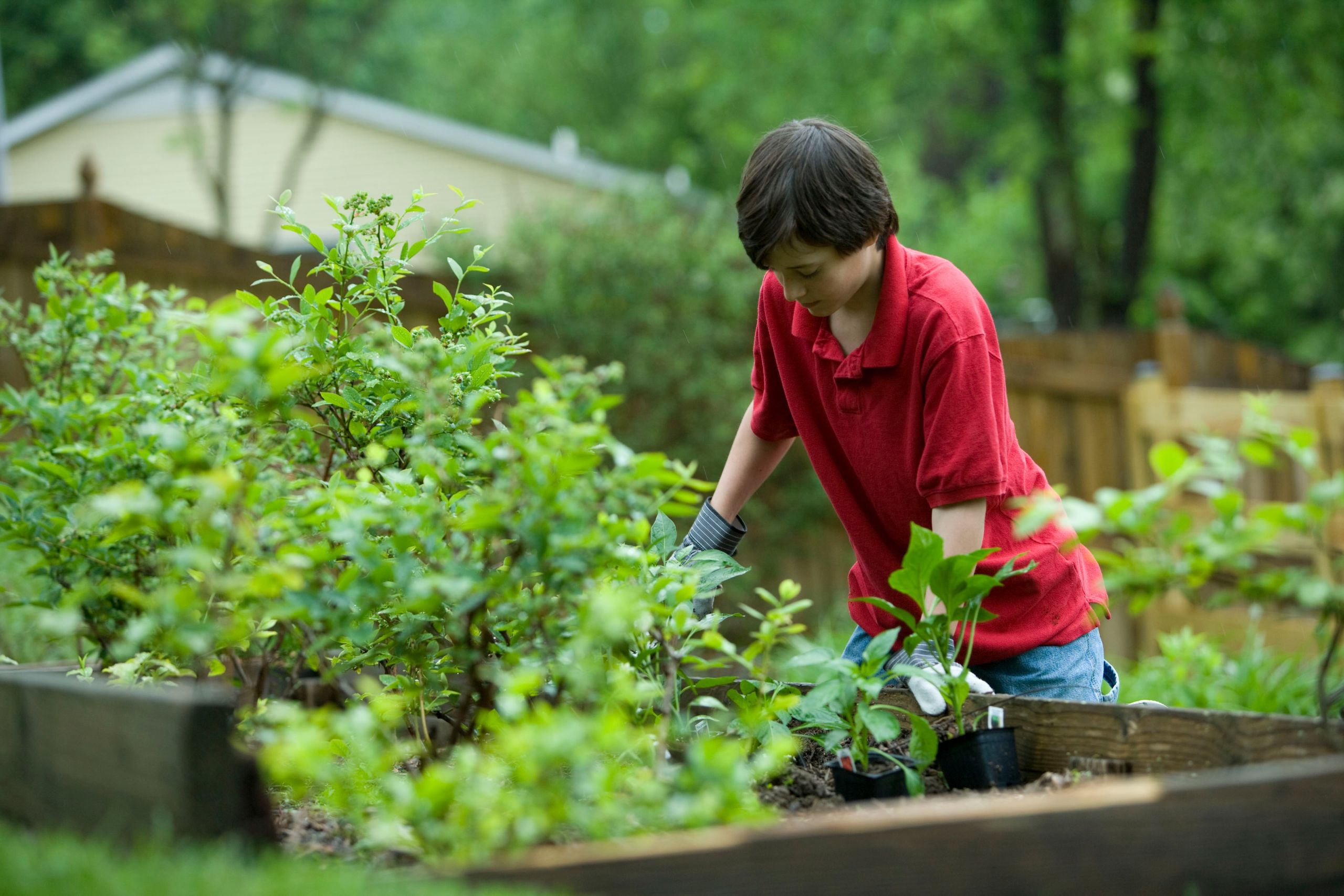
Ahead of the UN Food Systems Summit (UNFSS) postgraduate students of the award-winning MSc on Climate Change, Agriculture and Food Security programme (MScCCAFS) at the Ryan Institute, National University of Ireland Galway were asked to pick their top solutions for transforming food systems.
What solutions did they choose to highlight?
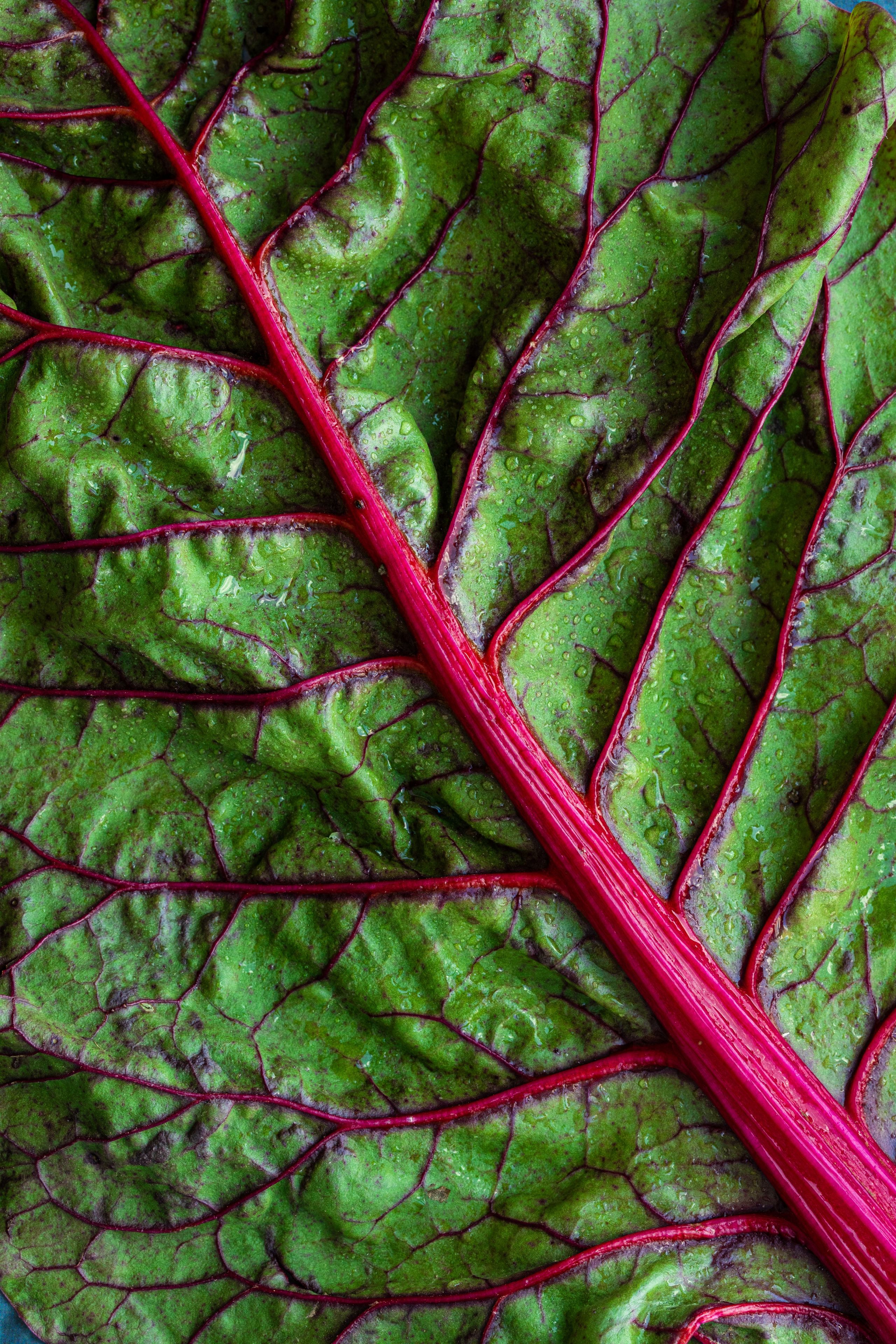
Photo: Heather Barnes/ Unsplash.
What is the UN Food Systems Summit?
The UN Food Systems Summit will take place in September 2021, and is the first of its kind global event on food. Convened at the request of the UN Secretary General, the Summit aims to mobilize resources, stimulate action at the national level and establish new kinds of international and cross-sector structures and partnerships to reduce hunger and provide enough healthy and sustainable food for everyone, without exacerbating climate change and environmental degradation.
The Food Systems Summit operates along the five Action Tracks:
- Ensure access to safe and nutritious food for all
- Shift to sustainable consumption patterns
- Boost nature-positive production
- Advance equitable livelihoods
- Build resilience to vulnerabilities and shocks
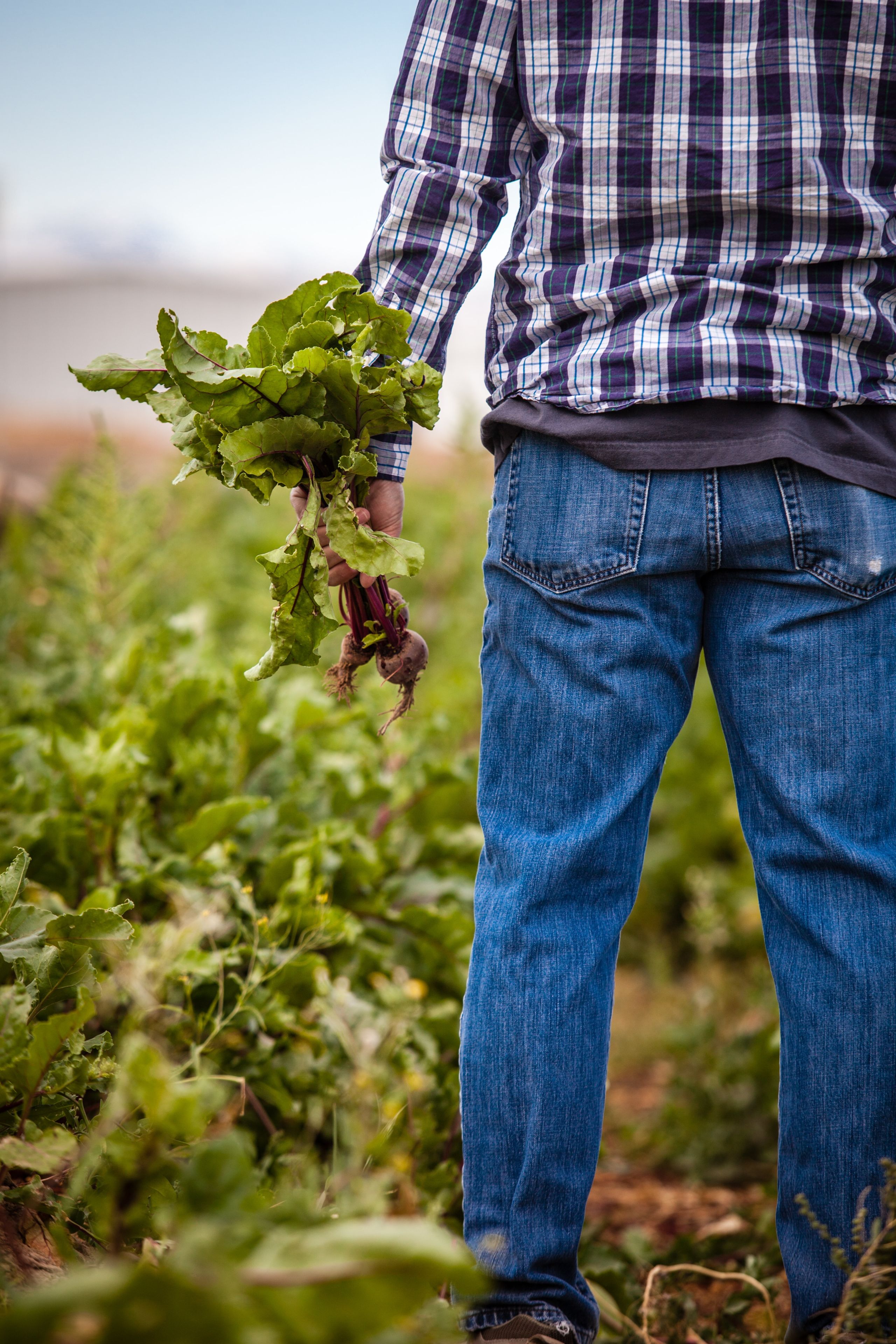
Photo: Heather Gill / Unsplash.
Possible outcomes and ways to contribute
There is an anticipation that the Summit will give birth to a scientific mechanism for food systems assessment aka “IPCC on food” and the Zero Hunger Fund and Alliance, a financing mechanism for achieving zero hunger proposed by the UNFSS Scientific Group. Another noteworthy development is the Agricultural Innovation Mission for Climate, AIM for Climate, an initiative by the US and the United Arab Emirates aimed to catalyze investment in agricultural R&D and innovation.
The outcomes remain to be seen. However, it’s already visible that the Summit has managed to raise awareness on the need for sustainable and equitable food systems and stimulated discussions about ways to achieve this goal, not the least through the Food Systems Summit Dialogues, a year-long public consultation and solution sourcing mechanism within the FSS.
The Food Systems Summit Dialogues is an open engagement opportunity to formally contribute to the FSS process. Anyone can convene such an event and voice their opinion, and MSc CCAFS students are well-positioned to have their say on what solutions need to be prioritized if we are to make our food systems more nutritious, fair, resilient and caring for nature.
Top food systems innovations to consider
As a joint Ryan Institute – IFIAD – MScCCAFS Independent Dialogue Initiative, the students were asked to research and identify one ”game changing” innovation necessary to make a major contribution to achieving the goals of one of the Action Tracks for the Food Systems Summit 2021. The solutions students identified will be promoted via the Independent Dialogue and feed into the official UNFSS process (Stay tuned with our social media and webspace, more information about our online initiative coming shortly).
So, what tops the list of food systems solutions for the budding experts who are preparing to take on operations in agricultural production, global food security and climate adaptation?
The majority of the students focused on innovations addressing unsustainable consumption patterns. Here the solutions they highlight include high-tech innovations as well as smart public policy. The use of blockchain technology for supply chain transparency and artificial intelligence for smart resource-efficient production, storage and distribution as well as for informing consumer choices was top of the list in terms of future tech development.
Another tech innovation to consider is zero-waste food packaging made from wax and caramelized sugar that mimics egg shells and avocado skin. Alternative protein development, like plant-based meat and eatable insects, was also put forward as a vital innovation to look into and develop further.
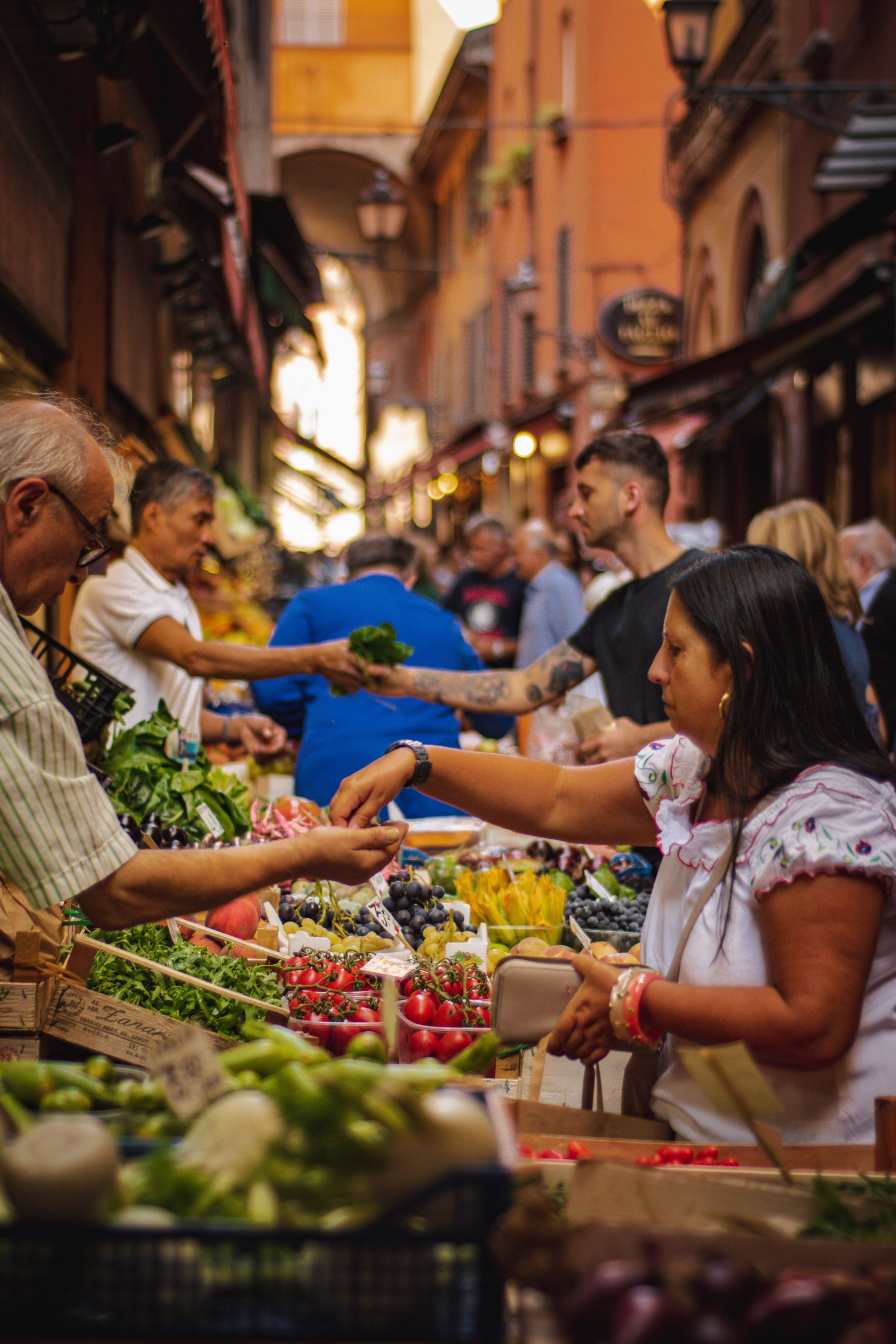
Photo: Renate Vanaga / Unsplash.
On the policy side, the MScCCAFS students highlighted the importance of sustainable procurement and that governments should be required to provide healthy sustainably sourced foods at public institutions, like schools and hospitals, and also introduce carbon food tax to increase incentives for sustainable production and consumption.
It was also suggested to establish sugar-free schools as well as food school gardens and create a new city-dwelling identity, working together and gaining insights from urban design. Another sector to partner with is public health. Such integration could generate powerful public influence and demand for policies that address human and environmental health together.
Nature-rich production is also very important for the MSc students and many chose to highlight innovations along this track. Here, powerful multi-purpose and output production methods of agroforestry, organic farming, as well as agroecology, topped the list. The students also proposed to promote nitrogen-fixing plants, biofertilizers and hydroponics. Deployment of these innovations should be supported through robust policy mechanisms and cross-sector partnerships, providing incentives for regenerative agriculture with credit and technical support.
Some of the young researchers considered that gene editing could be used to prevent crises by building crop resilience to climate shocks and plant diseases. And finally, attention should also be paid to powerful low-tech innovations, like sack farming and participatory management and monitoring of food safety at wet markets, essential for food security in low-income countries.
Find out more about these and other innovations the NUI Galway MScCCAFS students chose to highlight as game-changing solutions for the food systems transformation by reading their blogs listed below.
The MSc CCAFS programme is a partnership between the Ryan Institute National University of Ireland Galway (NUIG) and the international CGIAR Research Programme on Climate Change, Agriculture and Food Security (CCAFS), which is led by the CGIAR, and currently involves over 700 partners worldwide.
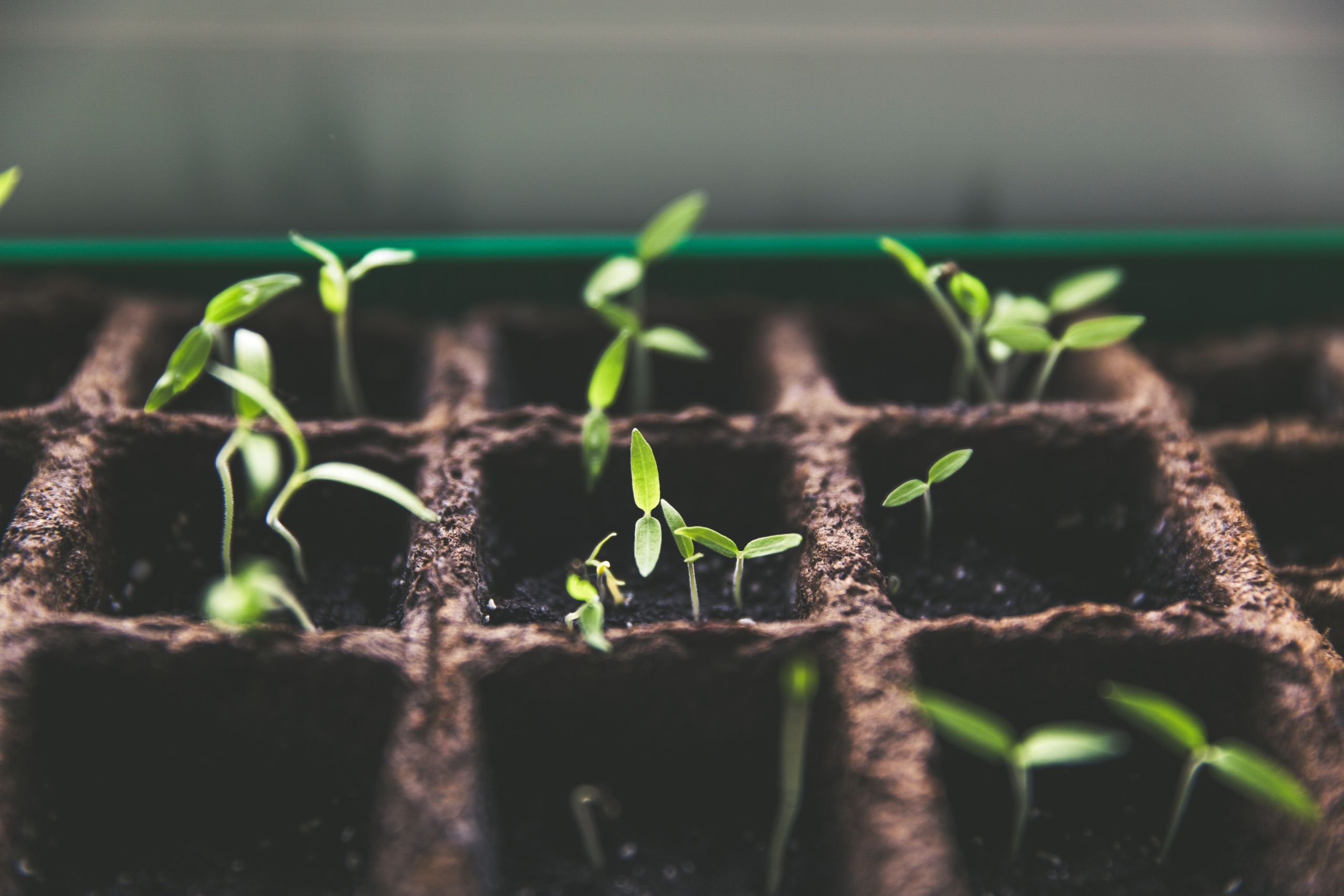
“Game Changing Solutions” blogs by NUI Galway MScCCAFS students
- Transformative tax by Leah Banda
- Eat garden sack...stay healthy! by Phillimon Chpanshi
- The war on sugar by Merrick Daly
- Artificial intelligence for food systems by Mélanie Dibon
- Building blocks of the food system transformation by Enda McEvoy
- Bioinputs as a bold action to boost nature-positive production by Rónán Ó Flatharta
- A food safety toolkit for the informal economy by Talent Fundira
- Organic farming has the potential to boost nature-positive food production by Padraig Glynn
- Zero-waste food packaging for establishing sustainable consumption by August Guenthner
- Blockchain for agricultural value chains! The next revolution? by Sharon Inone
- Incentivize regenerative farming: Everyone deserves a second chance by Eisimsidele Isnino
- School lunch with all the fixings by Angharad Johnston
- Eat a rainbow to stay healthy - climate financing for fruit and vegetable value chains by Mwape Moses Kachasa
- Bold actions for nature restoration by Bertha Kasonde
- The bug moo-vement by Caoimhe McLaughlin
- A game-changer when it comes to consumption habits by Robyn Lyons
- Enhancing the regenerative capacity of agroforestry by Martha Isaak Muluta
- Can public procurement policies shift consumption patterns? by Catherine Murray
- Transformative agroecology: A nature positive production to enhance food sovereignty and security by Noel Ndolovu
- Taking over beef: Plant-based diet innovation by Daniel Negasi
- Boosting biodiversity: A nature-positive production in agriculture by Tao Orion
- Cope, paste, delete: Gene editing for building resilience by Allie Seminer
- Health care systems depend on food systems: Mobilizing climate action forces composed of environmental and health advocates by Darya Silchenko
- Save on costs - employ earthworms by Joe Tighe


